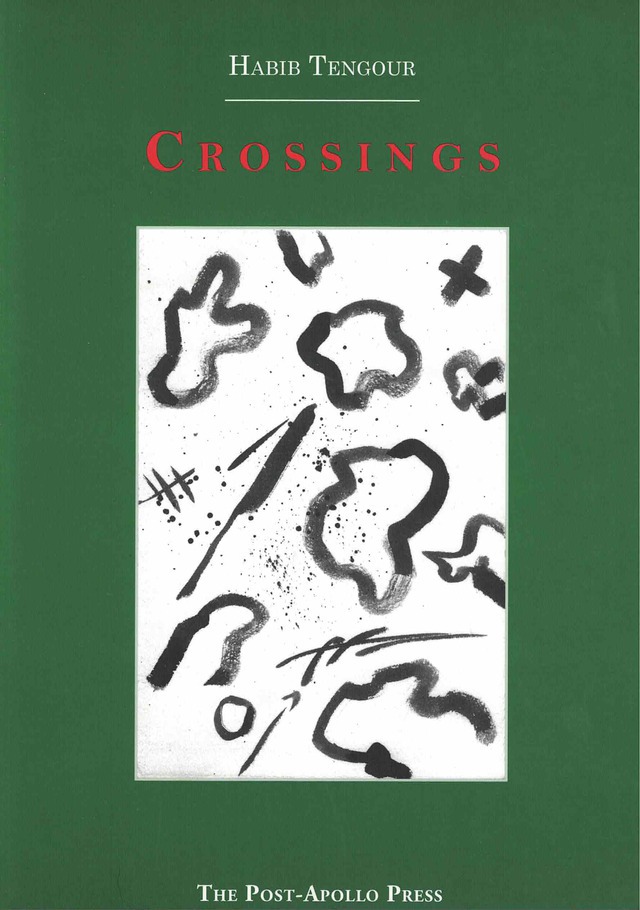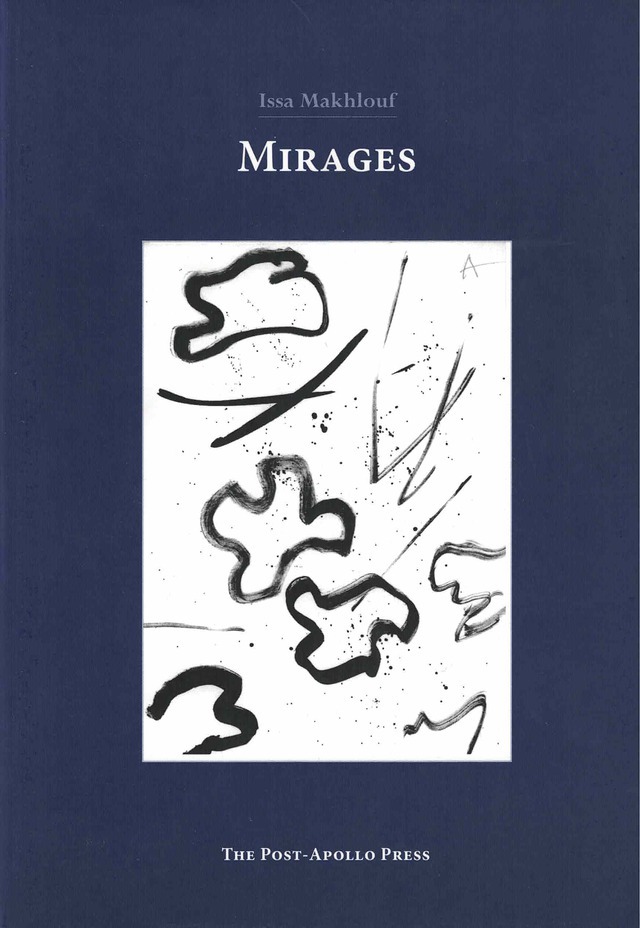From the Contemporary Poetry Series #2
Finalist for the 2014 National Translation Award
Beginning with the astonishing prologue poem, “Conversation with Mohammed Dib,” followed by four long, spectacular poems, each a small book in itself, Habib Tengour’s Crossings takes us through various, lavishly depicted, geographical, political, historical, spiritual, moral, and aesthetic spaces that we’ve never been in before. “My tribe that cannot be worn down continues,” the poet says. His tribe being—in Ezra Pound’s phrase describing poets—“the antennae of the race.” Crossings is an amazing book by a brilliant poet, amazingly and brilliantly translated by Marilyn Hacker, who is at her characteristic best, which is the best. — Lawrence Joseph
Habib Tengour
Marilyn Hacker
Praise for Crossings
[Tengour’s] poetry is alive with lavish colours and the energy of life and movement. He intertwines lives with events without relegating either to be a mere backdrop. His poetry is laden with beautiful philosophy, “All I hear is disarray and helplessness. An agony. Exile is sterile. Where is life? It is here. When the poem is said and the sentence falls.”
— Lucy Binnersley, Paris Lit Up
This slim, precious volume published by Post-Apollo Press… crosses through a lyric space calling over into the abyss for a sense of life and death… to conclude with a prosier section This Particular Tartar which is a kind of story-poem revisiting the themes which populate this book: racism and stereotyping, travel, immigration, the ways places and people change over time, and the purpose or place of poetry and literature in such discombobulated and ephemeral existences.
— Jennifer K. Dick, Tears in the Fence





Crossings, in a flawlessly tuned translation by Hacker (2013), “distinguishes poetry from prose.” At least, the protagonist of Tengour’s brilliant “This Particular Tartar” can distinguish between the two, we’re told. They intertwine here, as in all but the first of Crossings’ four long poems… Tengour, who once wrote a “Manifesto of Maghrebian Surrealism,” ranges widely, making use of oral tradition and popular myth, silliness and beauty, song and surprise.
— Marcia Lynx Qualey, ArabLit Quarterly
It was a red-roofed “native” school
with clock and tower: ECOLE JEANMAIRE
not far
as if to mark a threshold
from the firing range
the squared-off watchpost
today built shoddily into a block of HLMs
of a relative who guarded the buried gold
The state of things and stories propped up belief.
— Habib Tengour (from Crossings), Words Without Borders